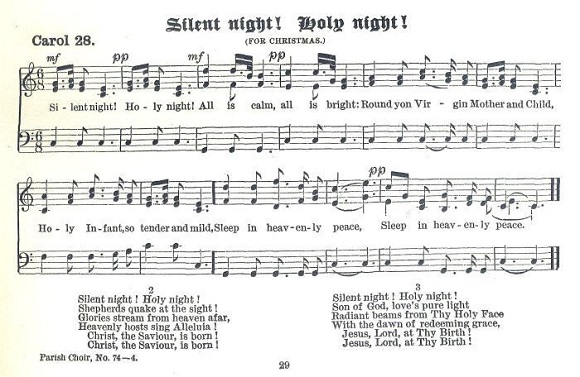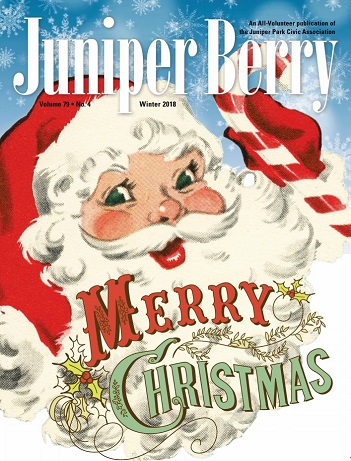The legend of the creation of the song “Silent Night” goes something like this: In late December 1818, there was an untimely crisis at St. Nicholas Church in the small village of Oberndorf bei Salzburg in Austria. The organ was found to be broken right before the holidays, and there was concern that the Christmas Mass would not be much of a celebration without it. On a cold Christmas Eve, Fr. Joseph Mohr, an assistant priest at St. Nicholas, walked 3km from his home in Oberndorf bei Salzburg to visit his friend, organist and choirmaster Franz Xaver Gruber, in the neighboring town of Arnsdorf bei Laufen. With him Mohr carried a 6-stanza poem that he had written 2 years prior, and he asked Gruber to write music for guitar accompaniment. Together, inside an Arnsdorf schoolhouse, the 2 men composed the hymn known as “Stille Nacht” or “Silent Night” in English. They performed it for the first time at Midnight Mass hours later and started a holiday tradition that has continued for two centuries.
Ninety-six years after the song’s debut, on Christmas Eve 1914, Belgian, British and German troops embroiled in WWI participated in a now famous “Christmas truce” by laying down their weapons and coming together to celebrate the holiday. One eyewitness account stated that the cease fire began when a handful of German soldiers started singing a Christmas carol, the sound of which traveled down their trench lines and had other soldiers joining in. They belted out, “Stille Nacht! Heilige Nacht!” British troops recognized the melody as “Silent Night, Holy Night” and replied by singing the English version. Both sides soon emerged from the trenches to greet each other, then sat around a campfire where they exchanged small gifts and showed each other photos of their loved ones. The words and melody of a hymn written almost a century before had brought a temporary peace during a horrific war.
There are versions of Silent Night in 140 languages. A 1935 rendition of the song by Bing Crosby today remains the third best-selling single of all time. Crosby, a devout Catholic, felt it would not be appropriate for him to profit from a religious song, so he arranged for all proceeds from his recording to be donated to charity. Two hundred years after it was heard for the first time, Silent Night today remains one of the world’s most beloved Christmas carols.



